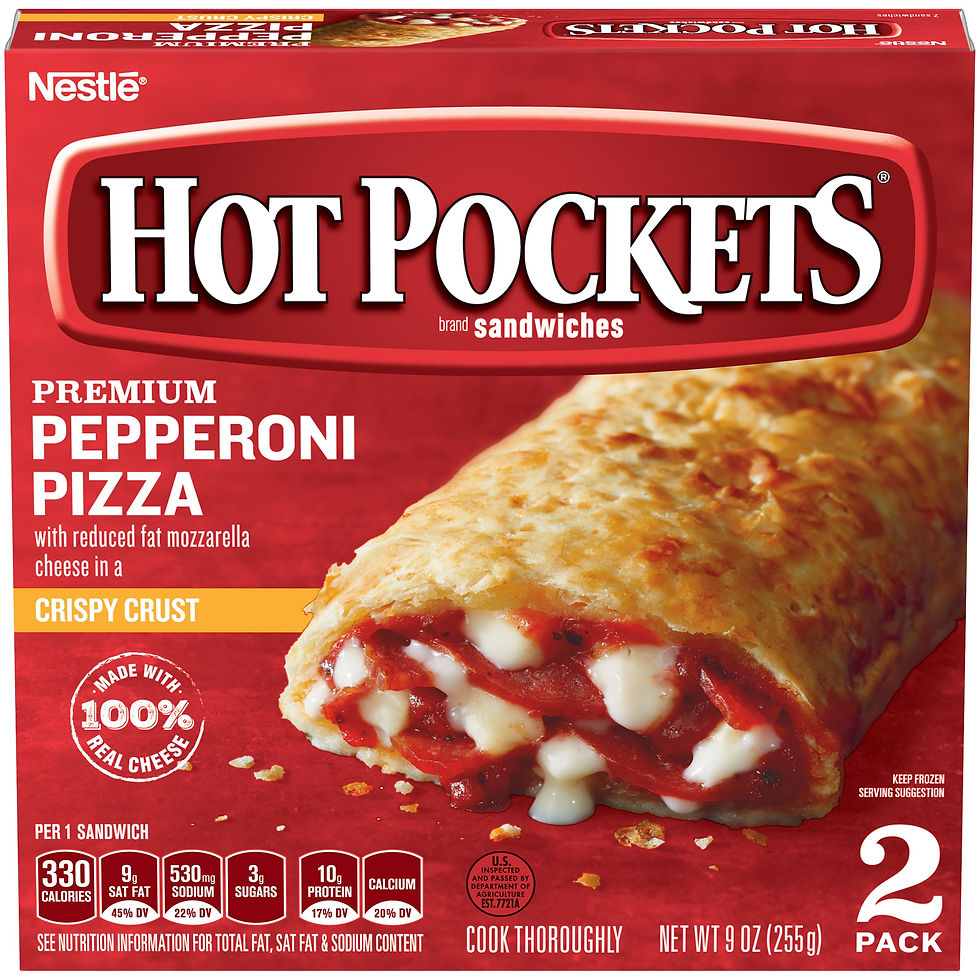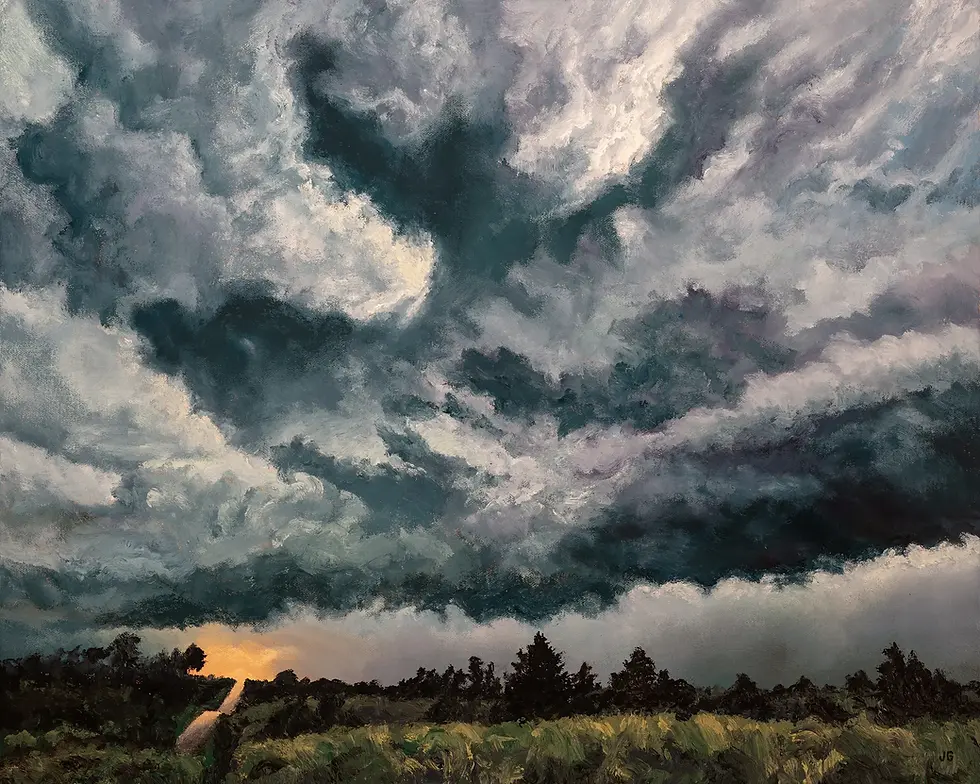Hallway Hermey
- Colin Fleming

- Dec 1, 2020
- 6 min read
Tuesday 12/1/20
Rudolph airs tonight. I like to see Rudolph "live." Note the gay subtext. It's pretty overt. Also, the cruelty. Lot of cruelty in this special. I don't know. Seems more true to life to me. But Santa is a dick, Rudolph's dad is a dick, the reindeer/gym coach dude is a dick, the fat conductor elf is a dick, and even the nice people--Yukon Cornelius--get in some choice lines, i.e. "Even among misfits you're misfits!" I'm not a coddle person, or a safe space person. I always liked the teachers who were described as "strict," whom no one else wanted to take.They were the ones who saw my ability and pushed me as I was also pushing me. They'd give me two writing assignments for homework when everyone else had one. They recognized my drive to get better every single day. And this was when I was eight, nine. I'd get in there, and I was like yeah, let's get at it, crack that whip! I like to push. Push hard. Push to improve. The things I say in my own head when I'm doing stuff, it's not rosy, it's not that "my love language is positive reinforcement" bollocks. The other day I'm at the bottom of the stairs at BC, having run them eight times, and in my head there was this voice that went, "Holy shit, you fat fucking load, are you really not going to go up faster this time than the first eight times, you disgrace of a pig." I don't know. That's how I am. I'll have written 5000 words in a day, and the voice sounds once more with a "sure, you just wrote a masterpiece, but are you such a fucking loser you can't just do another out of the blue? Thought you were the best artist ever? Revolting." Then I do another, and think of another as I'm doing it, to forestall the voice next time, though I also don't mind the voice. All I care about is the result. Getting to the result is all that matters.
I used to wonder where that drive came from. Like if it was part of my New England roots--a streak of Puritanism--or my father, but it has nothing to do with any of that. It simply comes from me. Is unique to me. And that's part of the reason I think there has to be a purpose for why I am like this, why I have this preternatural drive, this not human drive, though I know that my ability is beyond my drive, at its own level. You think there has to be a fucking point to why I am this way. It can't just be this. It can't just be to be this, all of this, and then just fucking die without any impact, anything at all. There has to be something else at play here.
Hmmm. I suppose that is not a very "chill" context in which to discuss Rudolph. Who, incidentally, in sweater form, features in Meatheads Say the Realest Things. There's a whole big Rudolph thing at Symphony Hall, when Chad is on a date with a woman who is much smarter than he is.
I should be careful not to employ bluster. That's not my intention. Certainly right now, and going back to 2019, when my breakdown occurred, there is so much basic stuff that just about anyone can do, which I cannot bring myself to do, no matter what a voice might say. I think realistically living like this, dealing with all of this, having that much hate and that much against you, being completely alone, that a person could last a day or two. I went seven years, and then I broke. Which is different than being broken. Each day I worked harder, got better, created art unlike any there had been; and every day it got worse. Gets worse. But the artist did not break--the artist became stronger. Becomes stronger every day. That was the one portion of my functionality that remained. I deal with evil, evil people, and they own my life right now, and i don't know how to get past them yet. And the fitness, that was something I had to do in order to be able to keep creating, so it's almost an extension.
Here is Hallway Hermey, ecstatic--clearly--that his big special airs tonight. You could even say that he is glowing.

I had rescued him from someone's curbside recycling on one of my pre-dawn walks a few months ago, and now he lives on the shoe rack. His eyes look kind of creepy from this angle, actually.
I walked five miles today, after writing two full short stories, "Duck Blinds at Dusk" and "Billie Now." The latter is a frame story, in which a woman is undertaking a kind of unofficial homework assignment, at some prompting by her daughter, who is not in the story. We get this in a note up front, which is just one sentence, and yet there's a lot we can tell about the daughter who is not in the story. You don't see that in contemporary fiction. Characters who are offstage who become real, with the author giving the reader enough so that the reader pieces together important information. When you do that, it's like you're in on something together. Readers like this. It's a part of immersion. What the story is going to do is explain why this mother named her kid after Billie Holiday, and it's going to talk about a time when she was somewhat older than the daughter--who we figure is probably in high school--and was working on her college thesis, with this thesis advisor who'd have her over to dinner with his wife on Sunday nights. It's a great story. There is no one else who could have done it. You're working with so much intellectual knowledge, so much knowledge that no one else has. You'll see these half-assed stories by pretentious navel-gazers who make a reference to Piet Mondrian, with no context, just to show off that they know that name.
But it's not applied knowledge, it's not made conversational, it's not lived in, and characters sure as hell do not live in it. Any knowledge you have, if you're using it in a story, has to be lived in by your characters. It's like someone in science class who memorizes a term or a process, but they don't actually understand the term or why the process happens like it does. They can't talk about it that way. I take huge intellectual knowledge in a story like this, and I make it easy, conversational, not frightening, not for showing off, approachable. Then I have the human knowledge, the life knowledge, which is the bigger stuff, which other writers don't have. And I'm using both in tandem in a story like this one, which is completely unpredictable, and so wise, and beautiful. It made me cry. At first it didn't have the frame. Was all written. And if anyone else had been fortunate enough to have written that, they would have walked away. But then I saw I could add more, I could increase the depth, pull someone in even more. There's a thing about daffodils that is excellent and Thoreau is in there and passports and chicken marsala and Freddie Green, who was Count Basie's rhythm guitarist, and a funny roommate, and Billie Holiday's last album, Lady in Satin. It's a very well observed story, like with body language, how we try to influence social situations and relationships, even, dichotomies, power structures, by the way we use our bodies, time certain movements of our bodies, attempt to create a kind of narrative with them, whether it's real or not.
Here's tonight's Downtown segment, which I thought was strong. Accessible profundity delivered eloquently. We talked about my piece on Dylan's long songs from The Smart Set and my new short story "Post-Fletcher" in F(r)iction. None of this is rehearsed. None of it is pre-planned. The bit about the close of Gatsby was good. And this is a new piece I wrote for JazzTimes on a recently discovered Ella Fitzgerald live recording from 1962.
And here is Starbucks C-Dawg. Facebook sent me a video today of me walking around the MFA from like seven years ago. My face was a lot rounder. Not a good look. Not a very healthy look either. Incidentally, Sunday marked 1624 days, or 232 weeks, without a drink.

O--I may have broke, which is different than becoming broken, but that will only last so long. The time is coming when I will be something more than whole in the areas in which I have been decimated. Of that I have no doubt.




Comments